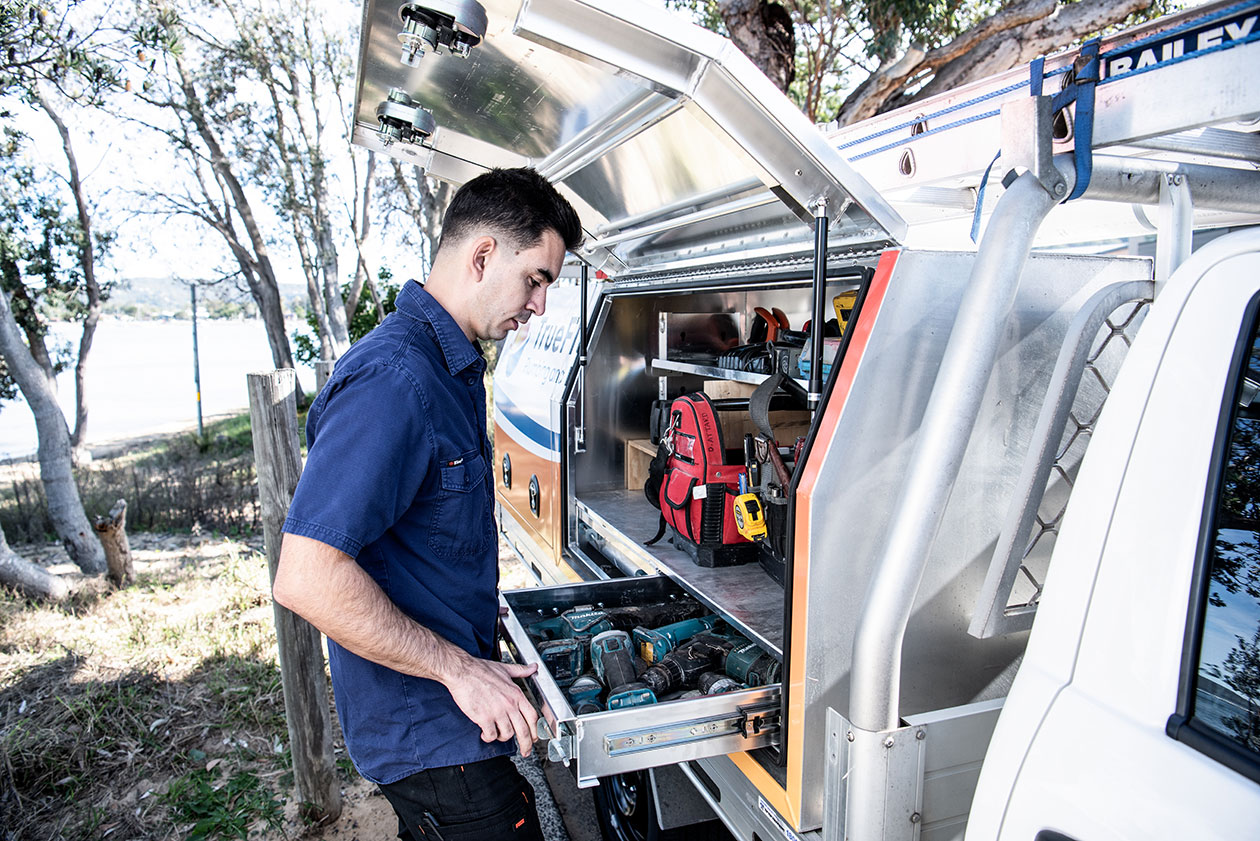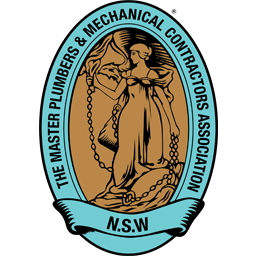Choosing the right plumber for your project is crucial. Not all plumbers are created equal. Different plumbers specialise in different areas. For example, some plumbers focus on residential work, while others specialise in commercial or industrial projects. Understanding the different types of plumbers will help you find the best person for your specific needs.
In this guide:
- 1. Thợ sửa ống nước dân dụng
- 2. Thợ sửa ống nước thương mại
- 3. Thợ sửa chữa và bảo dưỡng đường ống nước
- 4. Các chuyên gia sửa chữa đường ống nước chuyên nghiệp
- 5. Gas Fitters
- 6. Water Supply Plumbers
- 7. Roof Plumbers
- 8. Sanitary Plumbers
- Hành trình của một người thợ sửa ống nước: Từ người học việc đến bậc thầy
- Nhận báo giá nhanh chóng ngay hôm nay!
1. Residential Plumbers
Residential plumbers handle plumbing work in homes and apartments. They specialise in installing and repairing plumbing systems, fixtures, and appliances. They deal with a wide range of jobs, from fixing leaky taps and blocked drains to installing new water heaters and dishwashers.
Example Projects:
- Fixing leaking taps.
- Replacing toilets.
- Replacing or repairing pipes.
- Installing and servicing hot water heaters.
- Installing new kitchen and bathroom fixtures.
- Unblocking drains and sewers.
- Installing irrigation systems for your garden.
2. Commercial Plumbers
Commercial plumbers work on plumbing projects in businesses and public buildings. They install and maintain large-scale plumbing systems, including fire sprinkler systems, water pumps, and drainage systems.
Example Projects:
- Installing and maintaining fire sprinkler systems.
- Designing and installing plumbing for new commercial buildings.
- Repairing and replacing pipes in commercial properties.
- Installing and servicing water pumps.
- Troubleshooting and repairing large-scale drainage systems.
3. Service and Repair Plumbers
Service and repair plumbers are specialists in diagnosing and fixing plumbing problems. They respond to emergency calls and provide on-call services for both residential and commercial customers.
Example Projects:
- Repairing burst pipes and water leaks.
- Unblocking toilets, drains, and sewers.
- Diagnosing and fixing faulty plumbing appliances.
- Providing emergency plumbing services 24/7.
- Servicing and maintaining existing plumbing systems.
4. Specialised Plumbing Professionals
Some plumbers have additional qualifications and expertise in specific areas. These specialists offer specialised services that require advanced knowledge and training.
Pipefitters
Tasked with the assembly, maintenance, and repair of high-pressure and high-temperature pipe systems, pipefitters abide by stringent safety standards. Industries such as manufacturing plants and power generation facilities rely on their expertise for setting up essential machinery. Pipefitters also ensure the optimal operation of heating and cooling systems, elements critical to the infrastructure of significant facilities.
Steamfitters
Focused primarily on pipe systems that transport steam, hot water, and other gases under high pressure, steamfitters present their skills in construction sites and natural gas power plants. Their knowledge embraces system layout planning, careful selection of materials resistant to the transported substances, and the execution of precise installation to preclude leaks and safety hazards.
Sprinkler fitters
Sprinkler fitters play an instrumental role in protecting properties and lives by fabricating and installing fire sprinkler systems. These professionals navigate building plans and collaborate closely with safety inspectors to position sprinkler heads, valves, and fire pumps. Their commitment translates directly to enhanced fire safety in buildings, reflecting an ever-present necessity for skilled practitioners in this area.
5. Gas Fitters
Gas fitters are qualified to install, maintain, and repair gas appliances and systems. They handle work related to gas lines, gas heaters, gas stoves, and other gas-powered equipment.
Example Projects:
- Installing new gas appliances.
- Connecting gas lines to new appliances.
- Inspecting and servicing gas appliances.
- Repairing gas leaks and faults.
- Testing and certifying gas installations.
6. Water Supply Plumbers
Water supply plumbers specialise in the installation and maintenance of water supply systems. They connect properties to the water main, install water tanks, and manage water pressure.
Example Projects:
- Connecting new homes to the water main.
- Installing and maintaining water tanks.
- Installing and repairing water filters and softeners.
- Troubleshooting and resolving water pressure issues.
- Replacing and repairing water supply pipes.
7. Roof Plumbers
Roof plumbers specialise in the installation and maintenance of plumbing systems on roofs. They handle work related to rainwater tanks, downpipes, gutters, and roof drainage systems.
Example Projects:
- Installing and maintaining rainwater tanks.
- Cleaning and repairing gutters and downpipes.
- Installing and repairing roof drainage systems.
- Inspecting and sealing roof penetrations.
- Managing water runoff from roofs.
8. Sanitary Plumbers
Sanitary plumbers specialise in the installation and maintenance of sanitary systems. They handle work related to toilets, sewerage, sinks, showers, baths, and other bathroom fixtures.
Example Projects:
- Installing and repairing toilets, sinks, and showers.
- Installing and maintaining bathroom ventilation systems.
- Replacing and repairing bathroom pipes.
- Installing and servicing bathroom fixtures.
- Ensuring compliance with sanitary regulations.
The Journey of a Plumber: Apprentices to Masters
The path from an apprentice to a master plumber involves dedication, extensive training, and the accumulation of on-the-job experience. Each stage of the journey introduces new skills, responsibilities, and potential career advancements.
Apprentice Plumbers: Training and Career Pathways
Becoming an apprentice is the first step for individuals entering the plumbing industry. Enrolled in a structured program, apprentices combine practical training with theoretical learning, typically from a TAFE or RTO (Registered Training Organisation) when you are in Australia. These apprenticeships, often four years in duration, mandate that candidates work under the supervision of a licensed plumber, whilst gradually building their own set of professional skills.
Journeyman Plumber: The Next Step in Gaining Independence
Upon completing an apprenticeship and meeting the required qualifications, a plumber may attain journeyman status. Certification as a journeyman allows plumbers to work independently without direct supervision. They can perform various tasks, from installing new plumbing systems to repairing existing ones. At this level, a plumber may also specialise in specific sanitary or roof plumbing areas.
Master Plumber: The Peak of the Plumbing Occupation – Responsibilities and Skills
A plumber may achieve master status after years of experience and ongoing education. To reach this peak, a plumber must demonstrate an extensive knowledge base, expert technical skills, and the ability to manage complex projects. Master plumbers also take on roles that include supervising journeys and apprentices, running a business, and conducting specialized work requiring higher certifications, such as backflow prevention.



